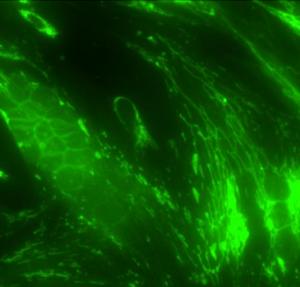For most of us, managing our health means visiting a doctor. The more serious our concerns, the more specialized a medical expert we seek. Our bodies often feel like foreign and frightening lands, and we are happy to let someone with an MD serve as our tour guide. For most of us, our own DNA never makes it onto our personal reading list.
Biohackers are on a mission to change all that. These do-it-yourself biology hobbyists want to bring biotechnology out of institutional labs and into our homes. Following in the footsteps of revolutionaries like Steve Jobs and Steve Wozniak, who built the first Apple computer in Jobs’s garage, and Sergey Brin and Larry Page, who invented Google in a friend’s garage, biohackers are attempting bold feats of genetic engineering, drug development, and biotech research in makeshift home laboratories.
In Biopunk, journalist Marcus Wohlsen surveys the rising tide of the biohacker movement, which has been made possible by a convergence of better and cheaper technologies. For a few hundred dollars, anyone can send some spit to a sequencing company and receive a complete DNA scan, and then use free software to analyze the results. Custom-made DNA can be mail-ordered off websites, and affordable biotech gear is available on Craigslist and eBay.
via Can Hobbyists and Hackers Transform Biotechnology? – Technology Review.



